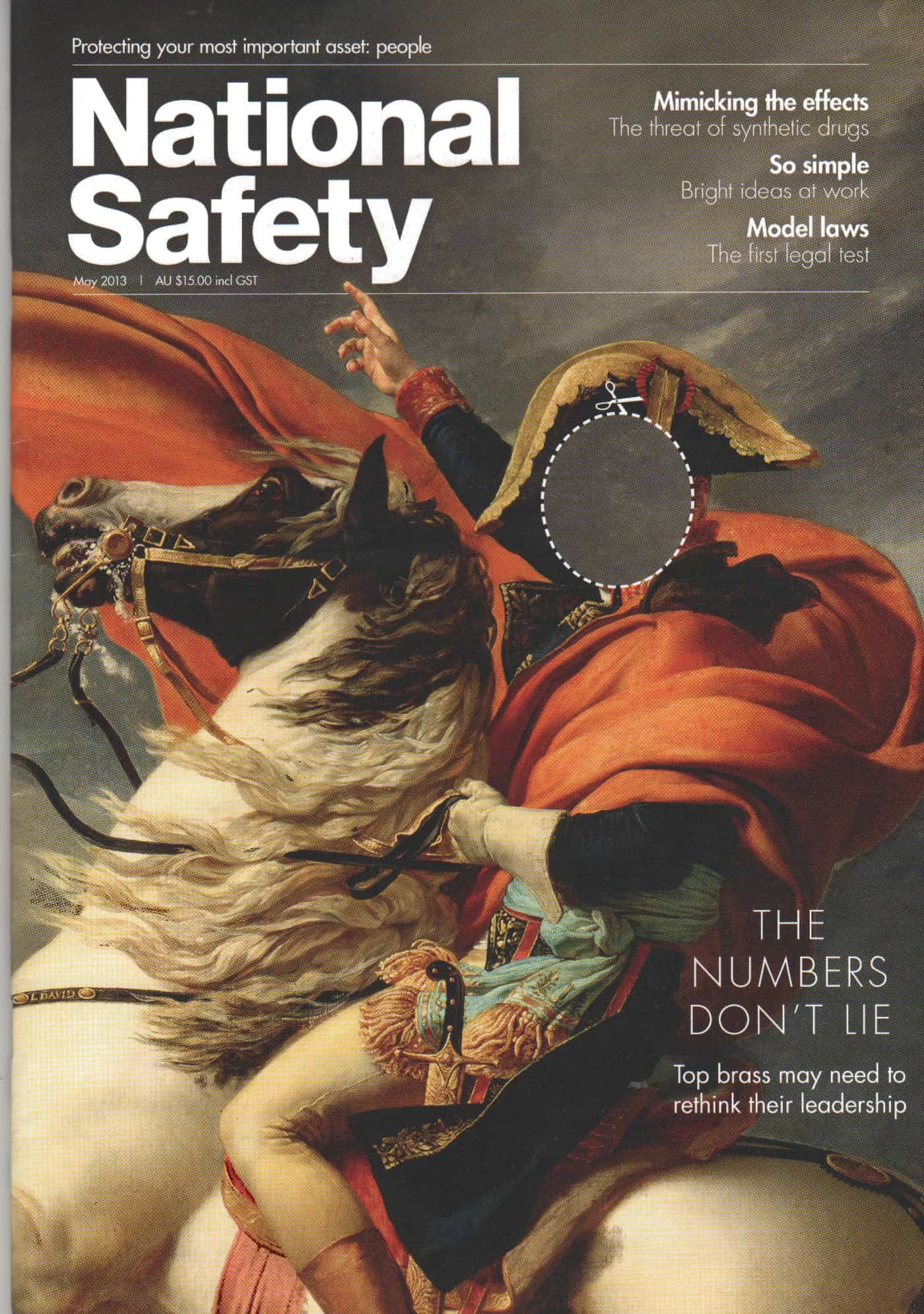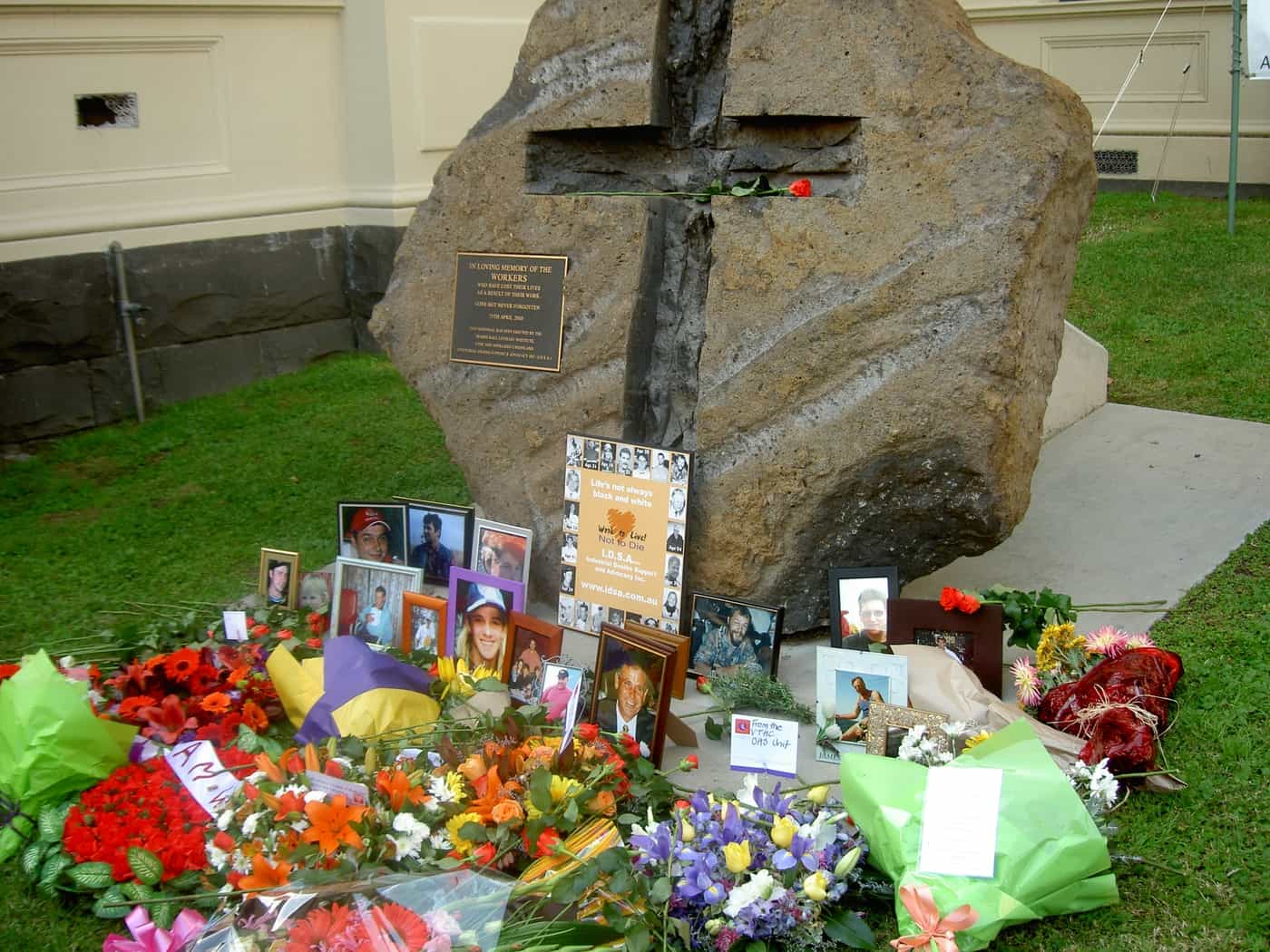In May 2013, Workcover Queensland supported the government’s intention to change the definition of worker to match that of the Australian Taxation Office (ATO). The definition re-emphasises the significance of the employer/employee relationship. Workplace health and safety laws through most of Australia have recently changed to remove the reliance on the employer/employee relationship with the intention of clarifying the lines of responsibility for preventing harm. The diversity between workers’ compensation and OHS definitions unnecessarily complicates the management of a worker’s health through the linear experience of employment.
The government believes such changes will reduce “red tape” but only in the narrow context of workers compensation. The Work Health and Safety Act expands the definition of worker but another piece of legislation in the same State restricts it. Inconsistencies of concepts are likely to lead to duplications, confusion and arguments that may generate as much unnecessary business and legal costs as the initiatives were intended to save. Continue reading “Short-sighted redefinition of worker”





